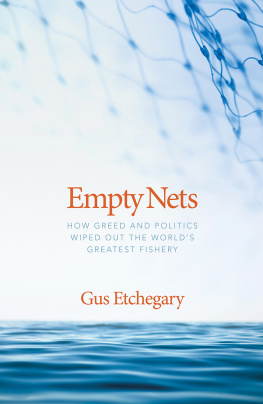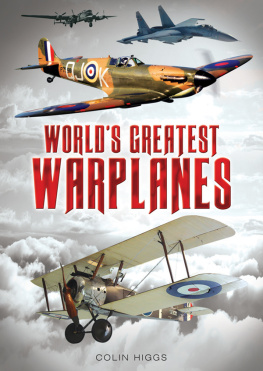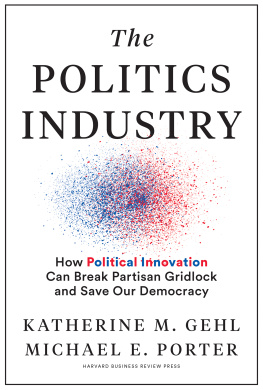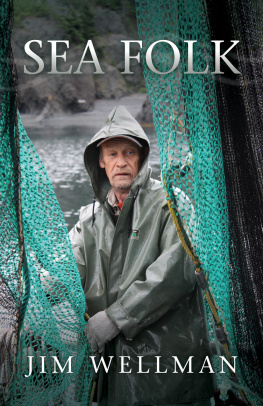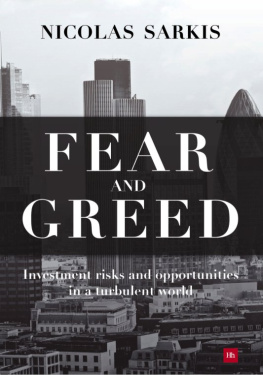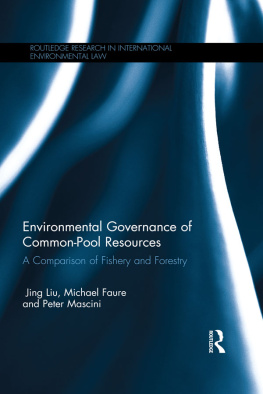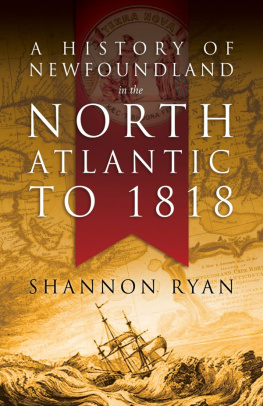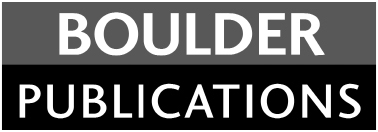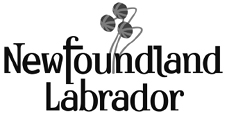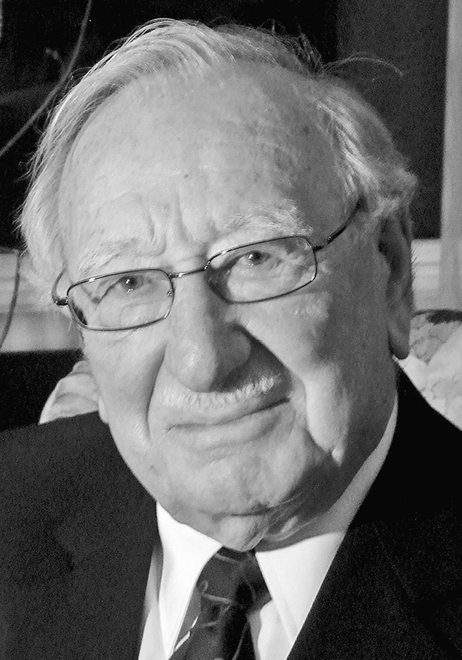Empty Nets
E m p ty N e ts
HOW GREED AND POLITICS
WIPED OUT THE WORLDS
GREATEST FISHERY
Gus Etchegary
with Stephanie Porter
Library and Archives Canada Cataloguing in Publication
Etchegary, Augustine, 1926-, author
Empty nets : how greed and politics wiped out the worlds greatest
fishery / Augustine Etchegary.
Includes bibliographical references.
Issued in print and electronic formats
ISBN 978-1-927099-30-8 (pbk.).--ISBN 978-1-927099-33-9 (mobi).--
ISBN 978-1-927099-34-6 (epub)
1. Atlantic cod fisheries--Closures--Atlantic Coast (Canada).
2. Atlantic cod fisheries--Government policy--Atlantic Coast (Canada).
3. Fishery policy--Atlantic Coast (Canada). 4. Fishery management--
Atlantic Coast (Canada). 5. Overfishing--Atlantic Coast (Canada).
6. Etchegary, Augustine, 1926-. 7. Fishery Products International.
I. Title.
Published by Boulder Publications
Portugal Cove-St. Philips, Newfoundland and Labrador
www.boulderpublications.ca
2013 Gus Etchegary
Co-writer: Stephanie Porter
Copy editor: Iona Bulgin
Design and layout: John Andrews
eBook development: WildElement.ca
Printed in Canada
Excerpts from this publication may be reproduced under licence from Access Copyright, or with the express written permission of Boulder Publications Ltd., or as permitted by law. All rights are otherwise reserved and no part of this publication may be reproduced, stored in a retrieval system, or transmitted in any form or by any means, electronic, mechanical, photocopying, scanning, recording, or otherwise, except as specifically authorized.
We acknowledge the financial support of the Government of Newfoundland and Labrador through the Department of Tourism, Culture and Recreation.
We acknowledge the financial support for our publishing program by the Government of Canada and the Department of Canadian Heritage through the Canada Book Fund.
To my wife, Kay, and family, without whose
love, affection, and support this book
would not have been written
ABOUT THE AUTHOR
Gus Etchegary accepted a job with Fishery Products Limited in 1947 and worked his way up through the company over the next decades, finally serving as its president from 1976 to 1984. In 1984, FPL was dissolved and rebuilt as Fishery Products International as part of a government-led restructuring of the east-coast fishery; Etchegary served as executive vice-president of the new enterprise until his retirement in 1988.
Etchegary is a former Canadian commissioner to the International Commission of the Northwest Atlantic Fisheries (ICNAF) and the North Atlantic Fishery Organization (NAFO). He participated in various international fishery negotiations, including the signing of a bi-lateral agreement between the USSR and Canada with Romeo LeBlanc. He was president of the Fisheries Association of Newfoundland, chair of the Fisheries Council of Canada, and an advisor to the Coalition of Churches, which formed in the wake of the cod moratorium in 1992. Since retiring, Etchegary has been an active fisheries consultant and a passionate advocate for a sustainable fishery. In 2007, he became the first Newfoundlander to be inducted into the Canadian Soccer Association Hall of Fame.
Etchegary was born in the mining town of St. Lawrence, Newfoundland, in 1924. He lives in Portugal Cove-St. Philips.
TABLE OF CONTENTS
From the west, Canada; from the east,
the European fishing armada
PREFA CE
A t the heart of this story are the fish. The fish in the waters off Newfoundland and Labrador are a common property resource, owned by all Canadians. Fishermen and fishing companies are licensed to catch quotas of fish, each of which is a portion of a total allowable catch (TAC) determined by scientific assessment.
The federal governments responsibility is to provide science-based fisheries management and, through appropriate regulations and enforcement, to conservatively manage the resource on behalf of Canadians.
It is a responsibility they have never met. Through mismanagement by political leaders, bureaucrats, and internationally controlled fisheries commissions such as the International Convention for the Northwest Atlantic Fisheries (ICNAF) and the Northwest Atlantic Fisheries Organization (NAFO), uncontrolled and unrestricted fishing has led to the demise of most of Newfoundlands fisheries.
When Newfoundland joined Canada in 1949, Canada was elevated from fourteenth to sixth place in the world as a fish-exporting nation (The famed Newfoundland fisheries add 50% to the total Canadian catch, the Financial Post proclaimed in 1950 in an article entitled Canada Now Top Atlantic Fisher). Thats how valuable the resource was. Newfoundland presented Canada with the golden gift of her fisheries. Documented scientific data illustrates that all groundfish, pelagic fish, and shellfish stocks adjacent to Newfoundland and Labrador were in a strong, healthy condition in 1949. Within 10 years, that changed. Within 20 years, many of these stocks were in serious trouble.
This book traces the transition in Newfoundlands fishing industry from salt fish to fresh-frozen fish. It details the rapid expansion of the frozen-fish industry and the challenges of harvesting, processing, marketing, managing thousands of workers, and dealing with Canadian governments and ICNAF, NAFO, and other international bodies. It tells the tale of a lucrative family-owned fishing business, built with great ingenuity and hard work, torn apart by backroom politics and Canadas reluctance to take a stand and protect her resources.
I have had a front-row seat for it all. Good science has been ignored, short-sighted deals have been signed, and vote-getting has obstructed conservation. Time after time, opportunities to save the fish stocks were missed. I watched them go by, I have argued for change, I have fought for the fishand I did not do enough.
This book is also my story: how a young man who accepted a job to electrify the provinces first fish plants in the 1940s became the impassioned president of a major fish and seafood corporation and then a self-appointed watchdog and fisheries advocate. Throughout the decades I spent on the fish-plant floor and in the boardroom, I knew that the success of Fishery Products Limited (FPL) depended upon having healthy, sustainable fish stocks to harvest. Without the fish, we would failand we knew never to take these resources for granted. That hasnt changed.
I wrote this book because I, like a few others, refuse to accept that this once huge, renewable resource cannot be rebuilt to play a role in the economy of Newfoundland and Labrador and provide a source of food for an increasing world population.
The state of the fisheries could determine the long-term prosperity of the province of Newfoundland and Labrador. In the waters around the province lies the potential for a sustainable resource that could serve this province well into the future. Norway, Alaska, Iceland, and Russia have fisheries that are alive, thriving, and contributing to their national economies. Newfoundland does notbut it could. I still believe it could.

